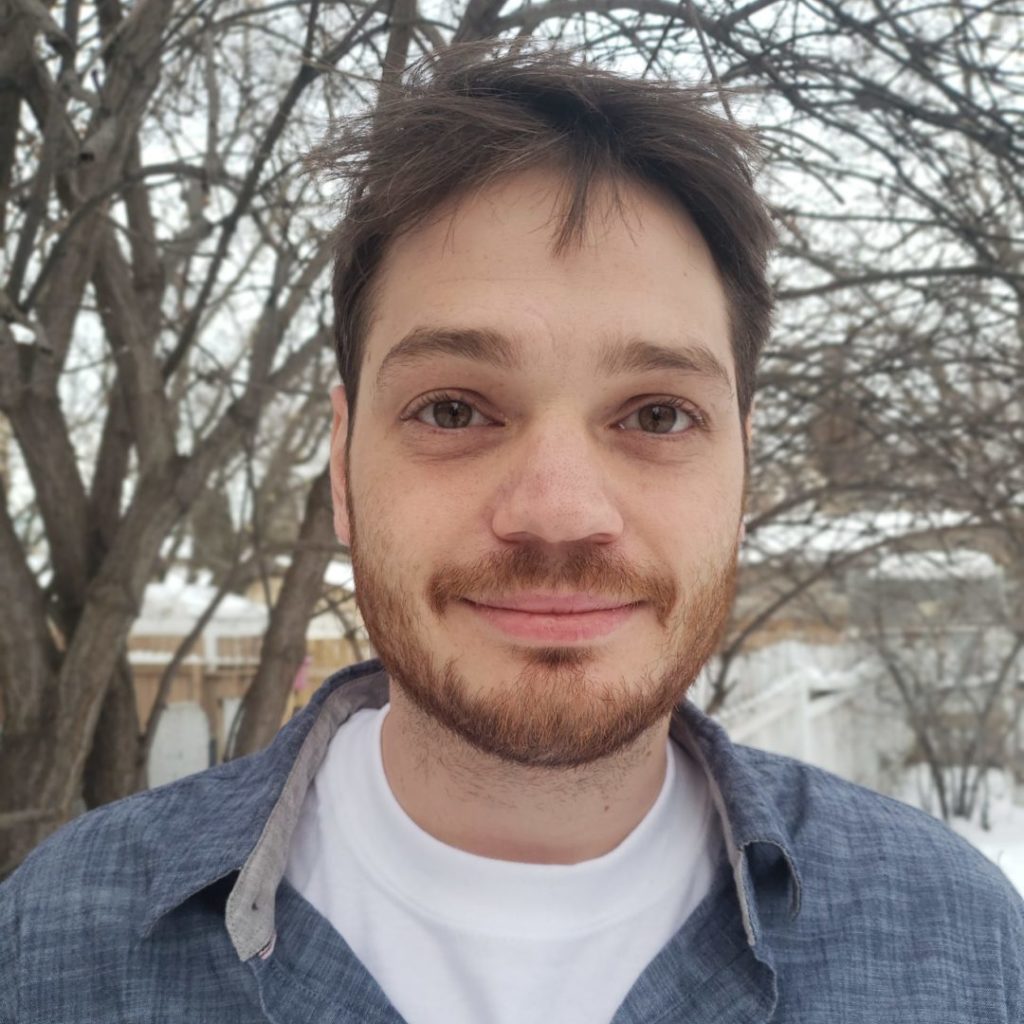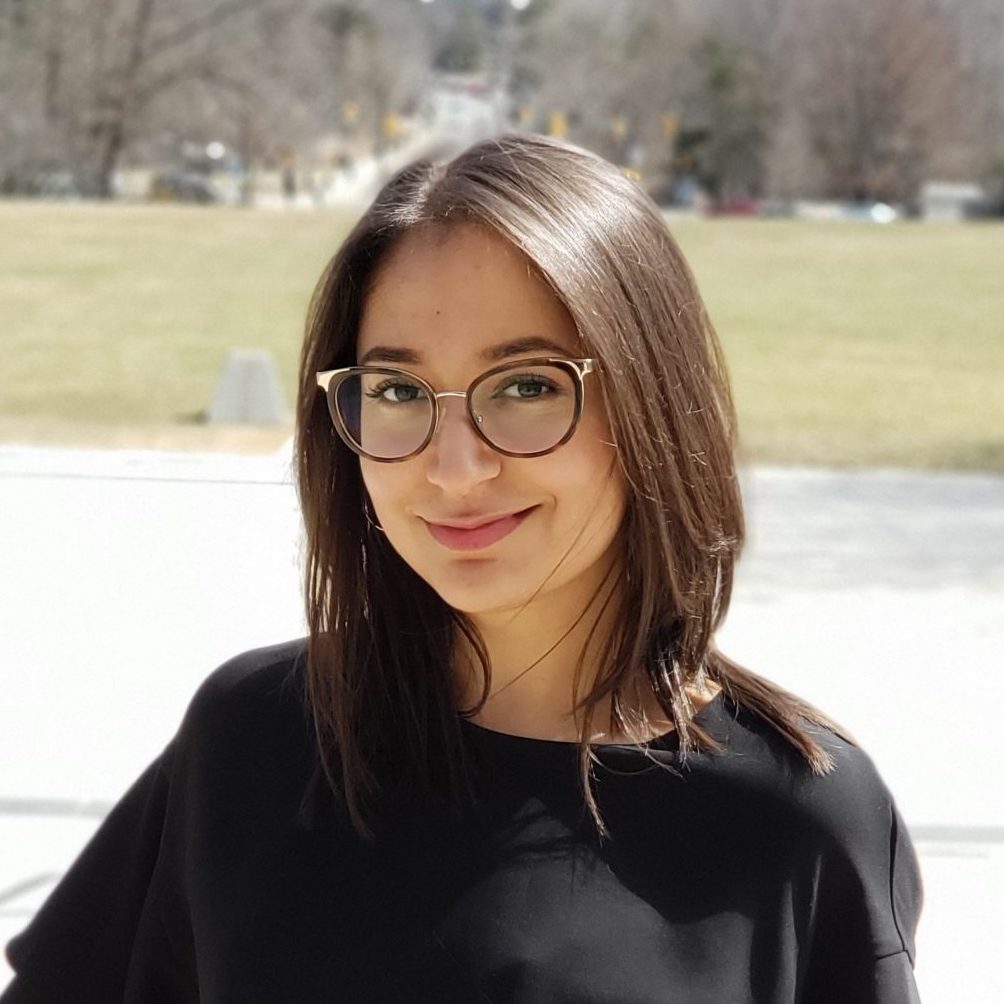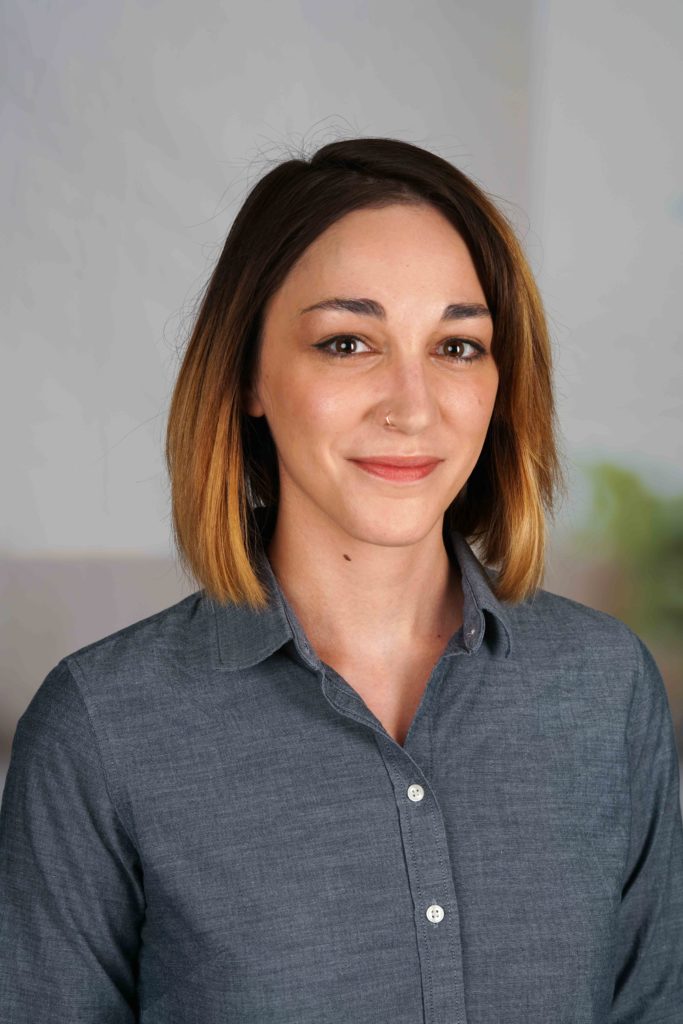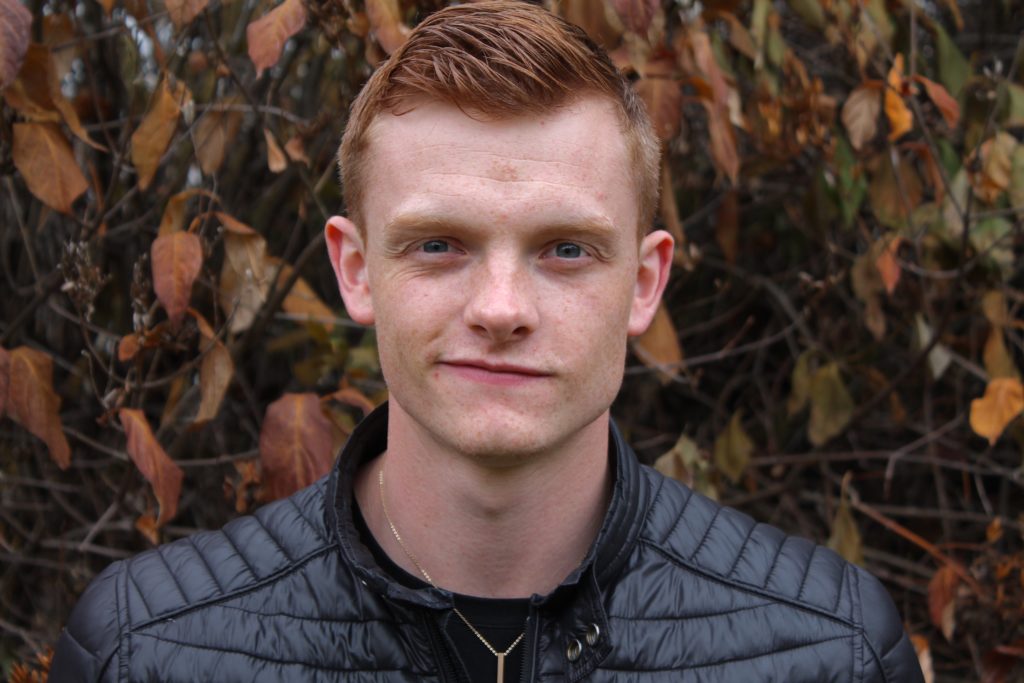Dear Applicants and Fellow CCIC Trainees and Faculty,
I am excited to share with you the results of our 2020 Trainee Research Spotlight Award. This year, we received 20 diverse applications from excellent research trainees across Canada. Following review by our adjudication committee the following trainees have been selected to provide platform presentations at the 7th Annual Cannabinoids in Clinical Practice Conference:
• Andrew Roebuck, PhD Candidate, University of Saskatchewan (Supervisor Dr. J. Howland)

Mr. Roebuck’s work investigates how the endocannabinoid system may be involved in the pathology and treatment of absence epilepsy (AE). Current treatments for AE are not effective in all patients, fail to address cognitive comorbidities, and have many undesirable side effects. Using a rodent model, we are assessing the effects of cannabis, phytocannabinoids, and endocannabinoid modulation on seizures and behaviour. These projects have identified disruptions in the endocannabinoid system that may contribute to seizure generation and have provided evidence that synthetic endocannabinoid modulators can reduce seizure incidence. Ongoing research in our lab is investigating the effects of smoked cannabis on these seizures. The overall goal of this research is to further understand the role of the endocannabinoid system in AE and to develop cannabinoid therapies that can reduce seizures and improve clinical outcomes.
Andrew grew up in Saskatoon where he completed undergraduate degrees in Anatomy and Cell Biology and Psychology at the University of Saskatchewan. Before beginning grad school, Andrew packed his possessions into an old camper van and drove to the Yukon for what was to be just a few weeks. Five or so years later he returned to Saskatchewan and began working in the behavioural neuroscience lab of Dr. John Howland on projects related to absence epilepsy, stress effects on learning and memory, and drug development for schizophrenia. In addition to research, Andrew enjoys teaching physiology and neuroscience, and spent several years teaching biology as part of the Aboriginal Student Achievement Program. For all these opportunities Andrew is thankful for the support of his wonderful peers, mentors, and collaborators locally and abroad.
• Shahnaza Hamidullah, MSc Candidate, University of Guelph (Supervisor Dr. J. Khokhar)

Ms. Shahnaza Hamidullah’s research focuses on investigating the long-term effects of adolescent alcohol and cannabis co-use on behaviour and cognition using a rat model. Cannabis and alcohol are commonly used by adolescents with co-use of these drugs being highly prevalent. However, evidence on the effects of co-use on subsequent adult behaviour is lacking. With this research, she hopes to empower youth with the information they need to make choices with potentially long-term implications.
Shahnaza was born and raised in Tashkent, Uzbekistan and moved to Canada when she was 13 years old. She received her BSc and is currently an MSc candidate in Biomedical Sciences at the University of Guelph, specializing in the Collaborative Neuroscience Program. Growing up in an underprivileged community, she witnessed the broad-ranging impacts of substance use, which prompted her to focus her graduate studies on investigating the neuropharmacology of drugs of abuse in the lab of Dr. Jibran Khokhar. Her future goal is to combine research and medical training to help bridge the gap between basic research and delivery of quality patient care to those struggling with substance use.
• Danielle Smith, PhD Candidate, University at Buffalo (Supervisor Dr. R. Lorraine Collins)

Ms. Smith’s current research focuses on behavioral and policy aspects related to individual and co-occurring nicotine and cannabis use through inhaled modes of delivery. As cannabis policies continue to become more liberal throughout the world, a key question is whether these changes will facilitate or hinder the use of other substances, such as tobacco and alcohol. To date, Ms. Smith’s work has demonstrated the significant overlap that exists between cannabis and nicotine use, evidenced using data ranging from biological markers of exposure and harm, through population-level information. Ms. Smith has led or co-authored over 30 scientific papers related to tobacco control, biomarkers, and cannabis use. Her work has been published in Addictive Behaviors, JAMA Network Open, Lancet Respiratory Medicine, Psychopharmacology, Nicotine and Tobacco Research, Tobacco Control, and Thorax.
Danielle was born and raised in Buffalo, NY. Her current career path was fueled by her broader interest in understanding the way people behave with respect to the use of substances and progression to addiction. She holds a joint BA in Psychology and Sociology, and an MPH from the University at Buffalo School of Public Health and Health Professions. In addition, she works as a Senior Research Specialist at Roswell Park comprehensive Cancer Center in Buffalo, NY. She is currently a fourth-year PhD candidate majoring in Community Health and Health Behavior under the guidance of R. Lorraine Collins, PhD.
• Andrew McLennan, B.A. Psychology, University of Calgary (Supervisors Dr. M. Kerba and Dr. L. Carlson)

Cannabis has become a popular topic of discussion in cancer care and a growing numbers of patients are using it to manage the associated symptoms of cancer and its treatments. Recent studies show that cannabis is effective for helping patients mitigate symptoms of pain, nausea, appetite loss, sleep disturbance, etc., while producing few adverse effects. Although these findings are compelling, there remain many uncertainties surrounding cannabis in cancer and health care professionals face the difficult task of providing evidence-based recommendations to their patients. Andrew’s current research aims to investigate the implications of cannabis and cannabinoid compounds in cancer care, including factors surrounding its use in different patient populations, its efficacy for the treatment of cancer-related symptoms, and the perceptions and opinions of patients and oncology health care providers.
Andrew was born in Red Deer, AB and grew up in the rural areas of central Alberta. Alongside a natural interest in music and athletics, Andrew has always had a curious mind and a desire to learn. This led him to pursue a bachelor’s degree in psychology at the University of Calgary, where he completed his honours thesis focused on cannabis use in oncology under the supervision of Dr. Linda Carlson. Andrew plays an active role on numerous ongoing cannabis-based projects at the Tom Baker Cancer Centre (Calgary, AB) with collaborators, Dr. Marc Kerba and Reanne Booker, and works as a research assistant for Dr. Linda Carlson in the Department of Psychosocial Oncology. He intends to pursue graduate studies in Clinical Psychology, where he hopes he can further contribute to cannabis-based literature.
• Jeremy Watts, University of Toronto (Supervisors Dr. R. Mizrahi and Dr. R. Ross)

Jeremy Watts’ current work focuses on neuroimaging of the endocannabinoid system in psychotic disorders and neuromolecular alterations related to cannabis use. Given the strong associations between cannabis and psychosis, Jeremy is using multi-model imaging – positron emission tomography (PET) and proton magnetic resonance (1H-MRS) imaging – to identify and characterize alterations in neurometabolites (e.g., glutamate, GABA) and endocannabinoid metabolism related to heavy cannabis use and psychotic disorders. This work is necessary in order to gain a better understanding of how disturbances in these brain systems relate to pathology in long-term cannabis users and patients with schizophrenia spectrum disorders.
Born and raised in the Toronto area, Jeremy exhibited a fascination with science from a young age. At Queen’s University in Kingston, he came under the mentorship of Dr. Richard Beninger, beginning a period of intensive study that ignited a wide-eyed enthusiasm for the endocannabinoid system. As an undergraduate NSERC project, he investigated the role of anandamide in dopamine-mediated incentive learning. Jeremy undertook doctoral training at the only centre in the world with the ability to image the anandamide-metabolizing enzyme, FAAH, in vivo in the human brain, the CAMH PET Centre at the University of Toronto, under the supervision of Dr. Romina Mizrahi and Dr. Ruth Ross. Rigorous training on PET and 1H-MRS methods, grantsmanship and clinical study design and conduct have given him experience that will be invaluable to future successes in this field. Working directly with patients has been a transformative experience that has been central to his development as a scientist. Jeremy has presented his work at academic meetings hosted by the National Institutes of Drug Abuse, the American College of Neuropsychopharmacology and the International Cannabinoid Research Society, and is grateful for the opportunity to present at the 2020 meeting of the Canadian Consortium for the Investigation of Cannabinoids.
We wish to thank all of the applicants for submitting abstracts and we hope they will continue to do so for future competitions. Thanks to the adjudication committee for their hard work on this award as well.